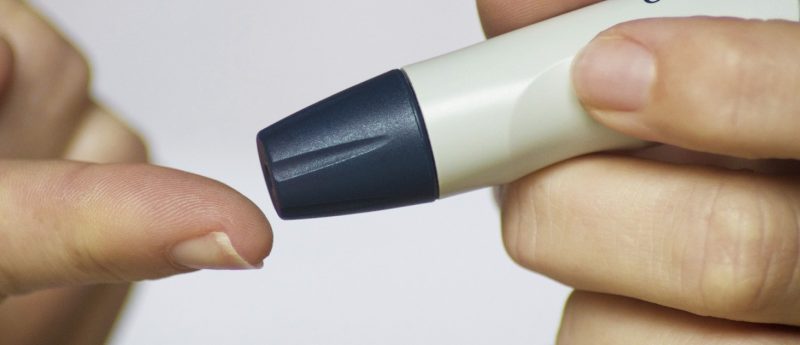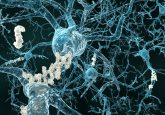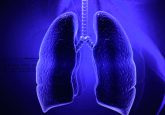Type 1 diabetes could be predicted by new protein biomarkers

Research published in Cell Reports Medicine, revealed that a set of altered proteins could predict islet autoimmunity, which is a precursor for individuals who develop Type 1 diabetes. Currently, it is difficult to predict if or when islet autoimmunity will develop in those who are genetically predisposed.
Researchers from the Department of Energy’s Pacific Northwest National Laboratory (WA, USA) have identified a set of altered proteins that could predict islet autoimmunity. The 9-year study, which was led by Thomas Metz (Pacific Northwest National Laboratory) reviewed hundreds of proteins in over 8000 blood samples from nearly 1000 children (from birth up to 6 years old). The team identified a set of 83 proteins, whose combination of changes predicted if the individuals would develop either islet autoimmunity or Type 1 diabetes.
The scientists ran the samples through mass spectrometers to check the protein levels of hundreds of proteins. The discovery of altered protein sets could aid the monitoring of Type 1 diabetes enabling earlier detection and faster medical care.
Metz commented:
“What’s exciting about this work is that it opens the door to detecting autoimmunity earlier than we can right now. This gives us an opportunity to learn more about what causes the immune system to turn on the body. This could help us tease out and understand the mechanisms at play in the development of diabetes better than we do currently and provide potential targets for intervention.”
The team hope to conduct more research to verify the results and confirm if the findings are applicable to everyone, not just children who participated in this study.
Sources: Nakayasu ES, Bramer LM, Ansong C, Webb-Robertson BJM & Metz TO. Plasma protein biomarkers predict the development of persistent autoantibodies and type 1 diabetes 6 months prior to the onset of autoimmunity. Cell Rep. Med. doi:10.1016/j.xcrm.2023.10109 (2023); EurekAlert press release, www.eurekalert.org/news-releases/994077






